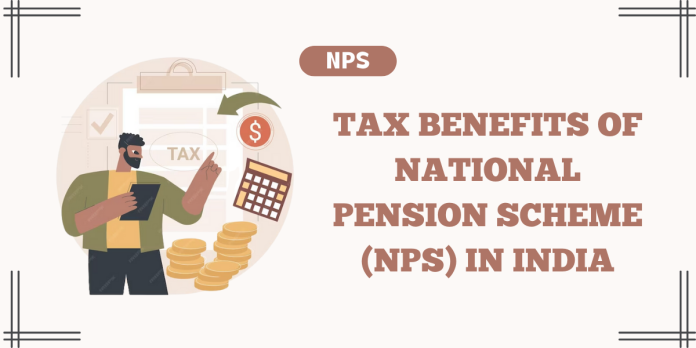The National Pension Scheme (NPS) in India stands as a good option for those desiring a secure and financially stable retirement. Governed by the Pension Fund Regulatory and Development Authority (PFRDA) and the Central Government, this voluntary, long-term investment plan has emerged as a vital social security initiative.
National Pension Scheme (NPS)
Open to employees across various sectors, excluding the armed forces, the NPS encourages individuals to invest regularly in a pension account during their employment tenure. Upon retirement, subscribers can withdraw a percentage of the accumulated corpus, with the remaining amount received as a monthly pension, ensuring a steady income post-retirement.
Who Should Consider Investing in the NPS?
The NPS is ideal for those seeking early retirement planning with a low-risk appetite. Its structured investment approach can significantly impact life after retirement, particularly beneficial for private-sector retirees. Salaried individuals aiming to maximise tax deductions under Section 80C should also consider this scheme.
Risk Assessment and Investment Options
The NPS entails a cap on equity exposure, currently set between 75% to 50%, varying based on age. This cap gradually reduces by 2.5% annually after the investor turns 50, stabilising the risk-return equation and shielding the corpus from market volatility. Despite the conservative approach, NPS offers a higher earning potential compared to other fixed-income schemes.
Flexibility and Tax Benefits
NPS subscriptions offer flexibility, enabling contributions at any time during a financial year while allowing adjustments in subscription amounts and investment options. Moreover, subscribers can manage their accounts online seamlessly, regardless of changes in location or employment.
Employee tax benefits for self-contribution:
Employees contributing to NPS can claim the following tax benefits on their contributions.
Tax deduction of up to 10% of pay (Basic + DA) under Section 80CCD (1), subject to a maximum of Rs. 1.5 lakh under Section 80CCE. Additionally, a tax deduction of up to Rs. 50,000 under Section 80CCD(1B), along with the overall limit of Rs. 1.5 lakh under Section 80CCE.
Also Read: Smart Strategies and Investment Insights For Indian Taxpayers
Employee tax benefits on employer contributions:
The employer’s contribution towards an employee’s NPS is eligible for a tax deduction of up to 10% of the salary (i.e., basic plus DA), or 14% of the salary if such contribution is made by the Central Government under Section 80CCD (2), beyond the Rs. 1.5 lakh limit provided under Section 80CCE.
- Tax benefits for self-employed individuals:
Self-employed individuals contributing to NPS can claim the following tax benefits on their contributions:
Tax deduction of up to 20% of the gross income under Section 80CCD (1), subject to a total limit of Rs. 1.5 lakh under Section 80CCE. Additionally, a tax deduction of up to Rs. 50,000 under Section 80CCD (1B), along with the overall limit of Rs. 1.5 lakh under Section 80CCE.
- Tax benefits on partial withdrawal from an NPS account:
Partial withdrawals from NPS are eligible for tax exemption when the amount withdrawn is up to 25% of self-contribution, subject to the circumstances and criteria prescribed by PFRDA under Section 10(12B).
- Tax benefit on annuity purchase:
Tax exemption is provided on annuity purchase or superannuation at 60 years under Section 80CCD (5). However, subsequent income from an annuity is taxed under Section 80CCD (3).
- Tax advantages on lump sum withdrawal:
Section 10 provides a tax exemption on a lump sum withdrawal of 60% of accrued NPS funds upon reaching 60 years or superannuation.
- Corporate/employer tax breaks:
A tax deduction is provided on the amount contributed to an employee’s NPS account as an employer contribution, up to 10% of the employee’s salary (Basic + DA) of the employer’s contribution as a ‘Business Cost’ from the Profit & Loss Account under Section 36(1)(iv)(a).
The National Pension Scheme emerges as a holistic retirement solution, offering financial security, tax benefits, flexibility, and a pragmatic investment approach. Embracing the NPS serves as a proactive step towards a stable and fulfilling post-retirement life.


